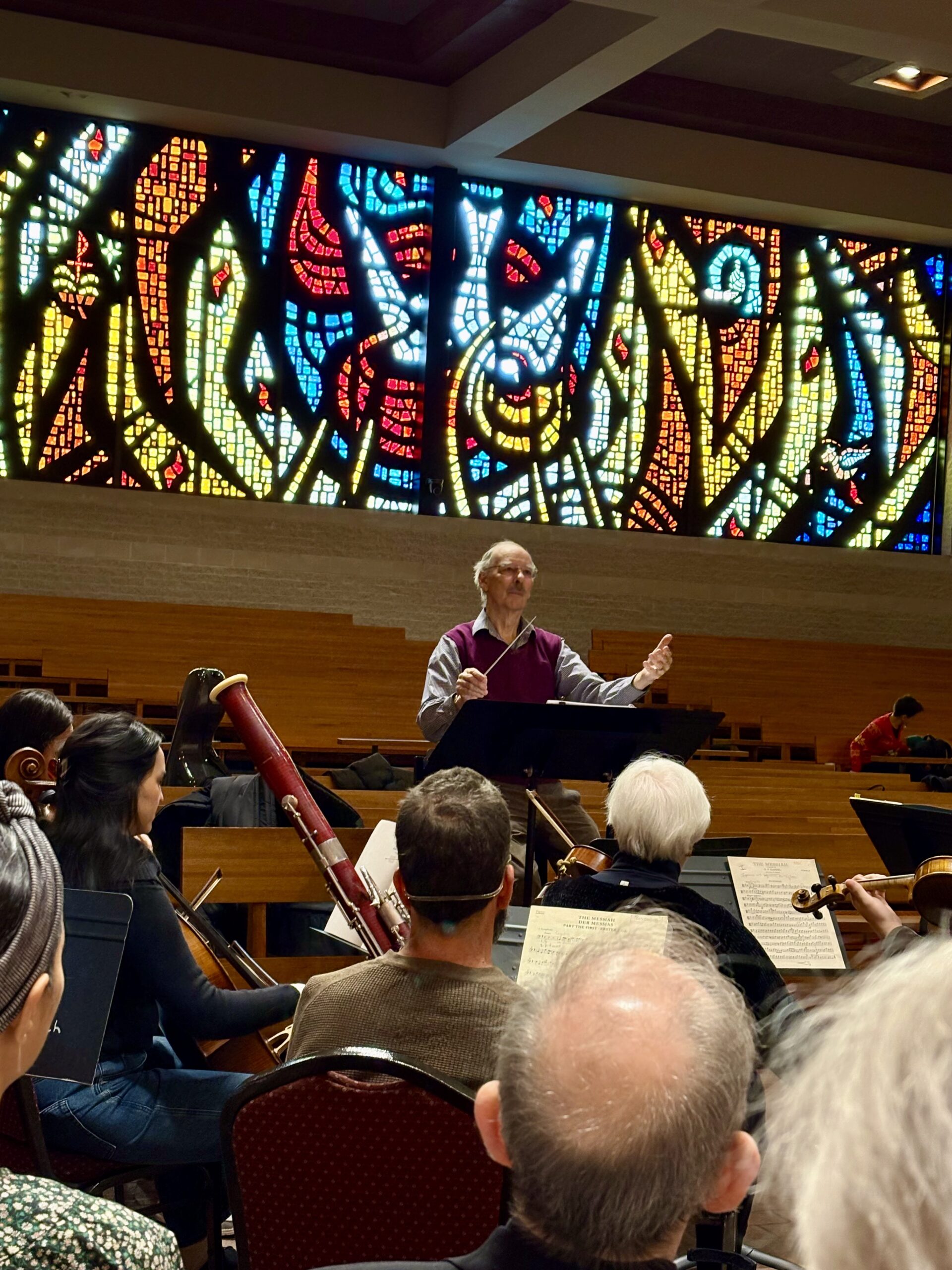Credit union growth has multiple factors, but two are critical in the movement’s current state.
One strategy is building on the power of local advantage. This is the ability to interweave common purpose with a community of members. It does not imply being small or require a limited market area.
This critical commonality is illustrated by the home market of city or town. “Local” is often represened by where the credit union’s historical roots were set down. Where there is a long term record of its essential role supporting the community economically and in civic roles. It is where present issues and needs are addressed openly.
This effort is a shared ambition with other “local” organizations seeking a better future together. The credit union is engaged in services that matter for young and old alike because everyone wants to move forward.
That is how most credit unions began, supported by a sponsor-employer which had an important role in the community. The shared goal to enhance a community’s well-being with and for its residents is fundamental in credit union design whether large or small in operations.
The outcome can be large firms serving multiple areas like the $10 billion Wright-Patt Credit Union or small ones such as the $70 million Levittown’s Spirit Financial. This historical positioning provides a competitive high ground.
At SECU North Carolina, Jim Blaine when CEO said the rationale for building at least one branch in every country was to create a network across the state that no outside institution could hope tp match. This network’s visibility and service reach are an advantage which Warren Buffett called a strategic moat.
One of a Kind
Thus advantage isn’t from size or even the number of branches, but the market’s perception of the credit union’s integration and affiliation with the population it serves.
In a new charter roll out, this relationship is gained from the sponsor’s embrace. This often came with on-site office space, employee volunteers and even payroll deduction, advantages initially unavailable to other financial institutions.
Credit unions with deep community relationship do not survive by chance or luck. They succeed because their leaders believe in their role as a one-of-a kind option built with generations of local support. These deep community anchors become the foundation for greater coverage as opportunities and needs are sought further out.
The Merger Strategy–How the Big Try to Get Bigger
When credit unions with these strong, long time local roots are merged, the charter’s ending will also extinguish many of their long standing competitive advantages.
The historical identity is gone. Instead a brighter future is promised by becoming a node of a much larger network. One whose scale and diversity will enable greater efficiency and broader service capabilities—all intended to improve member value.
However economic theory predicts that as firms get bigger, it will be difficult for them to grow ever larger. In credit unions this means the skills for growing organically are often superseded by geater acquisition efforts. An outcome that results in the atrophy of internal growth capablities. New merged members are often forced into a more easily scalable digital-first service model.
In a November 2025 article in Kellogg Insight, the authors identify The Growth Factors Propelling Industry Behemoths. Or how the big get bigger. It is not by mergers.
Following are some excerpts in which they identify the critical corporate competencies to continue growing.
How have the Golden Arches of McDonald’s and other industry giants like Starbucks, Procter & Gamble, and Coca-Cola grown so much more quickly than competitors and stayed on top for so long?
Kellogg’s Sara Moreira investigated how these companies came to be so huge compared with other firms in the same product category. Through mathematical modeling and an analysis of the consumer-packaged-goods industry, she found that a key factor propelling firms’ growth is standardization: the degree to which a company reuses components, knowledge, and relationships across different product lines and locations.
Take IKEA, which became famous for using similar parts and materials for various types of furniture. Similarly, Starbucks has relied on tried-and-true formulas for floor plans, menus, and barista training to efficiently open more locations.
As a result, standardization practices like these have become a kind of superpower, allowing fast growth and higher responsiveness to increased demand.
“When knowledge, investments, and inputs are potentially scalable, that can allow the firms to become bigger.” By reusing components and previously successful strategies, “it’s less costly to you,” Moreira says.
How Mergers Inhibit Organic Growh
The author’s examples are of firms that learned how to scale their existing advantages, not by buying firms operating in their industry.
Applying their analysis suggests that newly merged credit union must quickly dispose of their previous local advantages. They must standardize branch activity, operating and product features while creating a common culture across previously autonomous institutions.
Each of these standardization requirements will erase much of the merged credit union’s foundation for local success. The new branding often signals to the public just another out of area firm trying to buy its way into the market.
Despite merger rhetoric about “equals”, enhanced value from scale, additional expertise and expanded member services, these promises made to secure member’s voting approval, lack any unique local character.
Time and again the continuing credit union will assure continuity: merged members will see familiar employees, branches remain open and the service culture continues. The reality is that as operational integration and back office conversions take places, the promised continuity ends. Forced change, digital access and new faces are the reality.
Mergers eliminate local leadership including decisions about business prioties and even pricing. Independent operations end in a flurry of standardization, rebranding and new leadership. Corporate assimilation replaces organic growth. The ability to present a local marketing identity is lost. The goodwill from generations of member relations is gone.
The issue of whether mergers of independent local credit unions into ever larger organizations will leads to real credit union market growth is an open question. Today PenFed FCU after over two dozen mergers has fallen over $5 billon from its peak assets. With core market visibility declining because of local office closures, it is struggling to recapture organic growth.
In the example of Credit Union 1 and its acquistions of over 20 credit unions in the last three years, it has yet to show an operating net from its existing assets. Rather the equity level is retained by one time additons of merged credit union’s capital, sales of assets and loans, and gains from undervalued assets acquired in mergers.
Heading to a Cliff?
The credit union system has a vital need for an analysis of major mergers completed and fully integrated, say over the past five years. All credit union leaders would benefit from examples of performance comparisons before and after large combinations are done. The outcome of most of these transactions is a significant unknown.
Such a study should be a priority for anyone who is facilitating these combinations, The evidence that there are significant member value benefits or enhanced institutional performance is sorely lacking. It is especially necessary as an aid to public policy and supervision by credit union regulators who now routinely approve these transactions.
The consequences of mega credit union mergers have not been documented. In the meantime the loss of hundreds of strong and long serving local institutions is clear. The critical question is, are these combinations leading the movement on a walk to a cliff edge?













